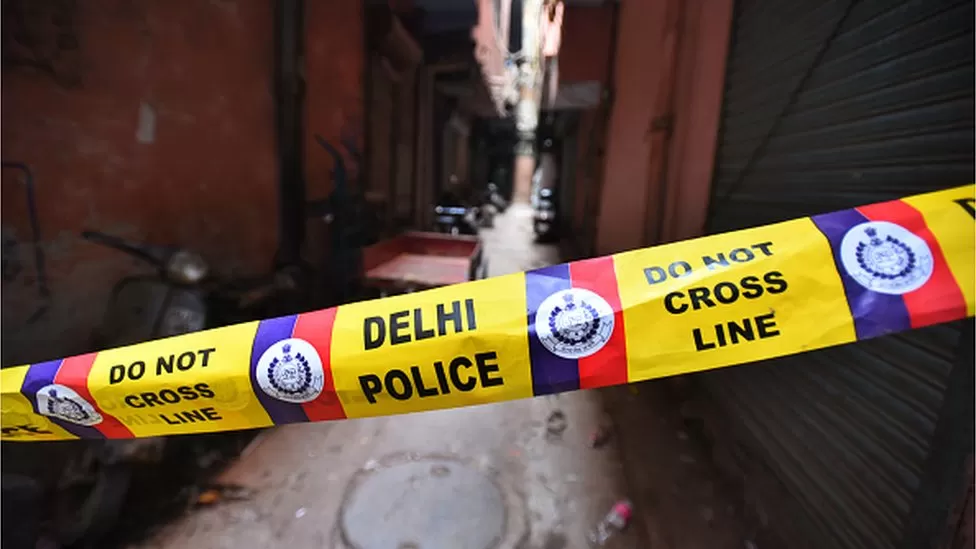Is India’s planned criminal law reform a game

However, some experts are sceptical about the effectiveness of these laws. As a professor of law at Delhi’s National Law University, Anup Surendranath claims that the draft of new offences – acts endangering sovereignty, organised crime, mob lynchings, terrorism, rape by false promise to marry – remains so vague that the police end up having unreasonably broad arrest powers. In his view, these vague provisions perpetuate police powers in an unconstitutional manner.
Students, journalists, intellectuals, social activists, and those critical of authority have been subjected to India’s colonial-era draconian sedition law for decades. Now that the controversial law has been repealed, the government claims it has made a “historic” decision.
Six men, five murders, 16 years of stolen lives
Experts disagree. A new bill has replaced the sedition law with one that punishes “acts that endanger the sovereignty, unity, and integrity of India”. Experts say this is really an expanded definition of sedition. According to Naveed Mehmood Ahmad, a senior fellow at Vidhi Centre for Legal Policy, a Delhi-based think tank, sedition should have been eliminated. However, it has been retained and perhaps strengthened.
A number of crucial aspects are overlooked by the bills, according to experts. Despite India’s tough laws against sexual violence against women, marital rape has not been criminalized. Offenses that criminalize speech, such as sedition and obscenity, should be reconsidered. The Supreme Court is also preparing to hear petitions seeking its criminalization.
However, some experts are sceptical about the effectiveness of these laws. As a professor of law at Delhi’s National Law University, Anup Surendranath claims that the draft of new offences – acts endangering sovereignty, organised crime, mob lynchings, terrorism, rape by false promise to marry – remains so vague that the police end up having unreasonably broad arrest powers. In his view, these vague provisions perpetuate police powers in an unconstitutional manner.
Students, journalists, intellectuals, social activists, and those critical of authority have been subjected to India’s colonial-era draconian sedition law for decades. Now that the controversial law has been repealed, the government claims it has made a “historic” decision.
Six men, five murders, 16 years of stolen lives
Experts disagree. A new bill has replaced the sedition law with one that punishes “acts that endanger the sovereignty, unity, and integrity of India”. Experts say this is really an expanded definition of sedition. According to Naveed Mehmood Ahmad, a senior fellow at Vidhi Centre for Legal Policy, a Delhi-based think tank, sedition should have been eliminated. However, it has been retained and perhaps strengthened.
A number of crucial aspects are overlooked by the bills, according to experts. Despite India’s tough laws against sexual violence against women, marital rape has not been criminalized. Offenses that criminalize speech, such as sedition and obscenity, should be reconsidered. The Supreme Court is also preparing to hear petitions seeking its criminalization.
